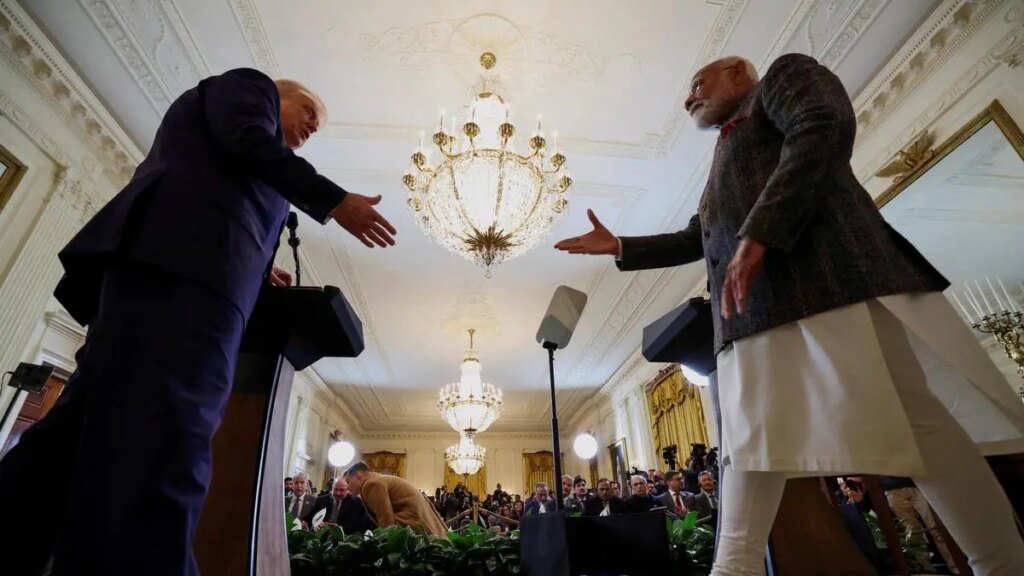China suspends exports of key fertilizers, again

China has suspended export of some of the key fertilizers, including speciality ones such as Technical Monoammonium Phosphate (TAMP) and urea-solution products such as AdBlue, besides conventional fertilizers like di-ammonium phosphate (DAP) and urea from October 15.
Rajib Chakraborty, National President , Soluble Fertilizer Industry Association (SFIA), said the Chinese suspension of the key fertilizers will continue until further notice and may prolong for the next 5-6 months.
“This could lead to a 10-15 per cent increase in prices of fertilizers due to tight global supplies and uncertainty in countries depending on imports,” he said in a statement.
The suspension of exports of these speciality fertilizers could have some impact on India as China accounts for 95 per cent of these key crop input imports totalling 2.5 lakh tonnes annually. Of this, 60-65 per cent is imported during the rabi season.
No immediate shortage
Currently, demand for the rabi season is expected to be met through supplies secured via global trading channels, though prices are likely to pressure to rise.
The specialty fertilizers include water-soluble fertilizers, micronutrients, nano and biostimulant variants. These are critical for improving soil health, nutrient absorption, and the productivity of high-value crops such as fruits and vegetables.
“There is no immediate shortage for the ongoing rabi season (October–March), as adequate supplies have already been secured by Indian traders through global sources. Farmers are advised to plan their fertilizer requirements early and avoid panic buying,” Chakraborty said.
The SFIA president said India is also exploring alternative supply sources such as South Africa, Chile, and Croatia to ensure continuous availability. India may have to worry if the ban extends beyond March 2026. Earlier, China had curbed, among other commodities, exports of speciality fertilizers. It was lifted following a meeting between India’s External Affairs Minister S Jaishankar and Chinese Foreign Minister Wang Yi on August 19, 2025.
Expected move
The decision helped ease the shortage of DAP, which India was facing then. China, a dominant supplier of global agricultural inputs, halted exports of DAP since mid-2023. It stopped shipments of specialty fertilizers to India during May and June this year, though exports to other nations continued.
This led to a sharp decline in global supply and pushed up prices, affecting Indian farmers during the kharif sowing season. Even as it lifted the restrictions on exports, China had indicated that it will reimpose the ban from October.
According to the Agricultural Monitor Information System (AMIS) of the Food and Agriculture Organisation, local traders refrained from buying DAP in the Indian domestic market in September as farm-level offtake was muted due to high prices.
“India’s robust import demand, a key driver in global fertilizer markets, eased this month (September). Meanwhile, increased fertilizer exports from China further weighed on global prices. The ratio of fertilizer prices relative to crop prices remains elevated, in particular for phosphorus and potassium fertilizers,” AMIS said.
Alternative sources
Trade sources said Indian importers rushed to secure supplies after China lifted the curbs. On the other hand, global firms too looked at meeting India’s demand.
Analysts say no subsidy is offered for these fertilizers. Over 1.5 lakh tonnes of these technologically advanced fertilizers are imported between June and December.
Though China meets 80 per cent of the import demand during the crucial June-December period, this year Indian importers switched to alternative sources in view of the ban. Imports of speciality fertilizers were made from Saudi Arabia, Morocco, Russia and Jordan. However, they were unable to bridge the demand-supply gap.
Due to technological handicap, India has not been able to produce these speciality fertilizers at home.
Published on October 21, 2025



